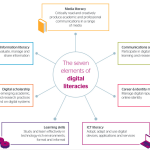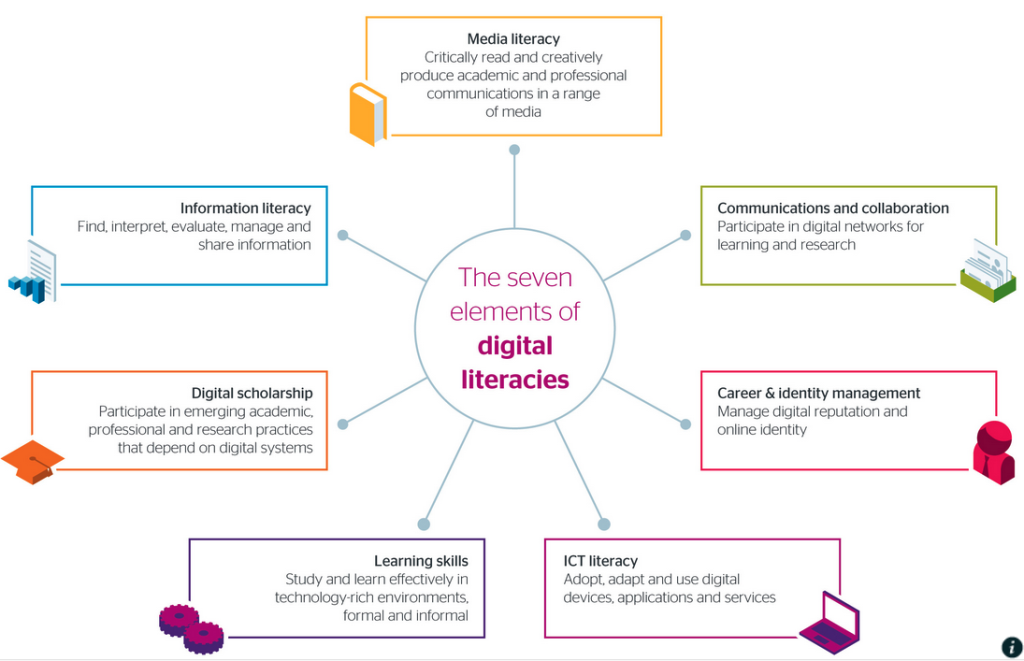The Digital Native Myth: A Story of Evolution
Remember when people started talking about "digital natives" back in 2001? It was a catchy term for kids growing up surrounded by tech and the internet. The specific terms "digital native" and "digital immigrant" were popularized by education consultant Marc Prensky in his 2001 article entitled Digital Natives, Digital Immigrants, in which he relates the contemporary decline in American education to educators' failure to understand the needs of modern students. His article posited that "the arrival and rapid dissemination of digital technology in the last decade of the 20th century" had changed the way students think and process information, making it difficult for them to excel academically using the outdated teaching methods of the day. Prensky's article was not scientific and there was no research or evidence to back up his idea. But despite this, the idea caught on fast, influencing how we approached education and technology.
Researchers dug deeper and found no real evidence that an entire generation was thinking differently. You'd think that would be the end of it, right? Surprisingly, the digital native idea is still kicking around in the media and education circles. Yet, the digital natives narrative persists in popular media and the education discourse. A new study set out to investigate the reasons for the persistence of the digital native myth. It analyzed the metadata from 1886 articles related to the term between 2001 and 2022 using bibliometric methods and structural topic modeling. The results show that the concept of “digital native” is still both warmly embraced and fiercely criticized by scholars mostly from western and high income countries, and the volume of research on the topic is growing. However, interestingly the results suggest that what appears as the persistence of the idea is actually evolution and complete reinvention: The way the “digital native” concept is operationalized has shifted over time through a series of (metaphorical) mutations. The concept of digital native is one (albeit a highly successful) mutation of the generational gap discourse dating back to the early 1900s. While the initial digital native literature relied on Prensky's unvalidated claims and waned upon facing empirical challenges, subsequent versions have sought more nuanced interpretations.
The study uncovered 1,886 articles about digital natives, published between 2001 and 2022 with some interesting patterns. The authors say that what we mean by "digital native" has shifted over time. The idea is part of a bigger story and is just one chapter in a long history of talking about generational gaps. Its not going to be long before the idea mutates for those growing up in the age of AI!
Want to find out more? Listen to the podcast above or if you prefer your learning in written form download the paper below.
Mertala, P., López-Pernas, S., Vartiainen, H., Saqr, M., & Tedre, M. (2024). Digital natives in the scientific literature: A topic modelling approach. Computers in Human Behavior, 152, 108076.




 There's an interesting article today in WONKHE, the UK online higher education newspaper.
There's an interesting article today in WONKHE, the UK online higher education newspaper.